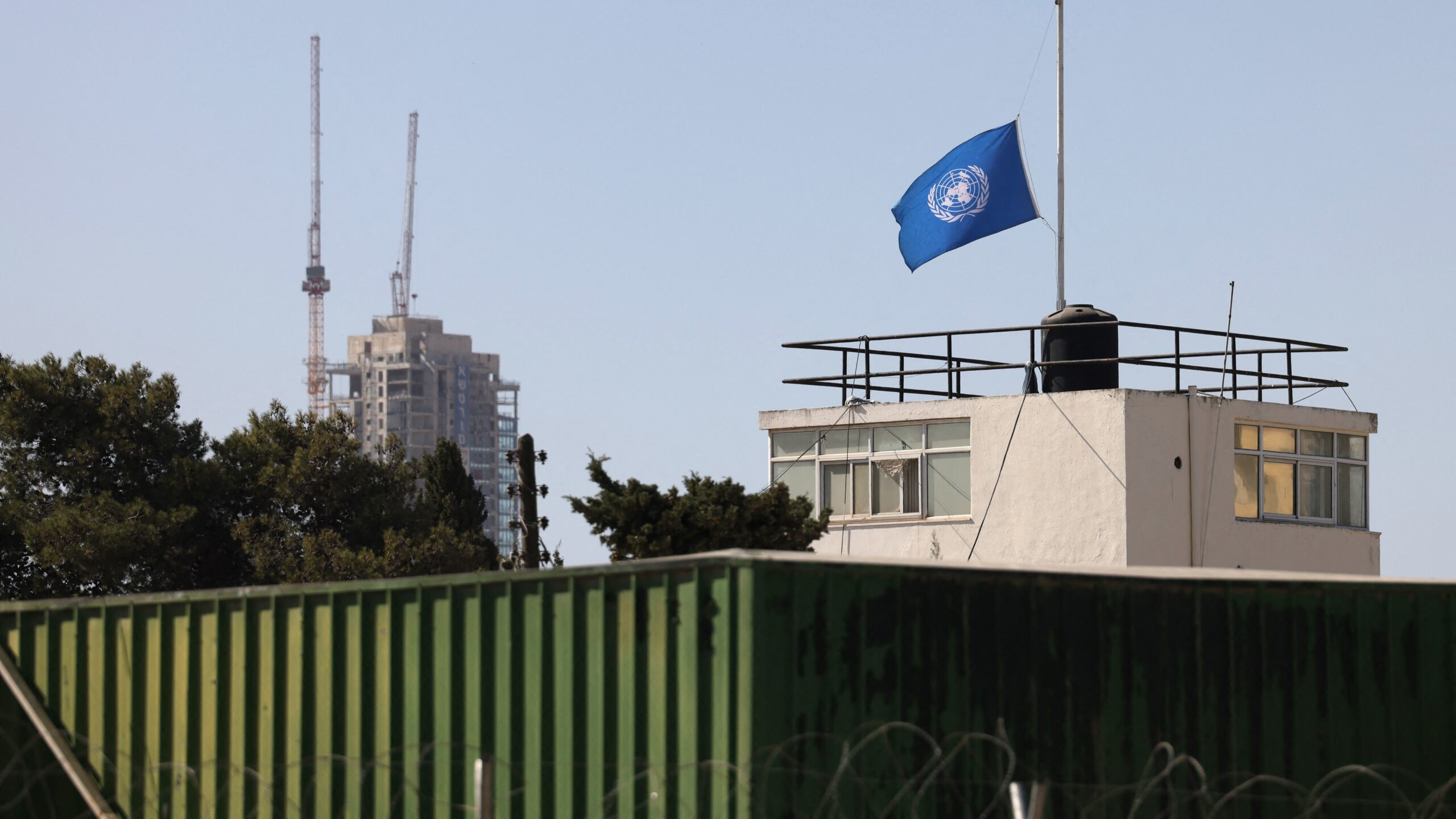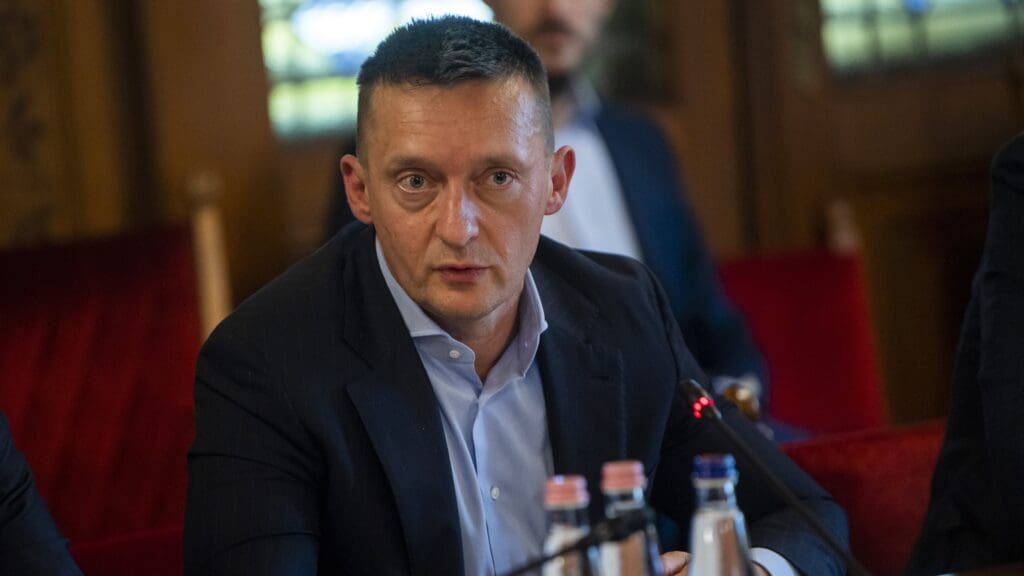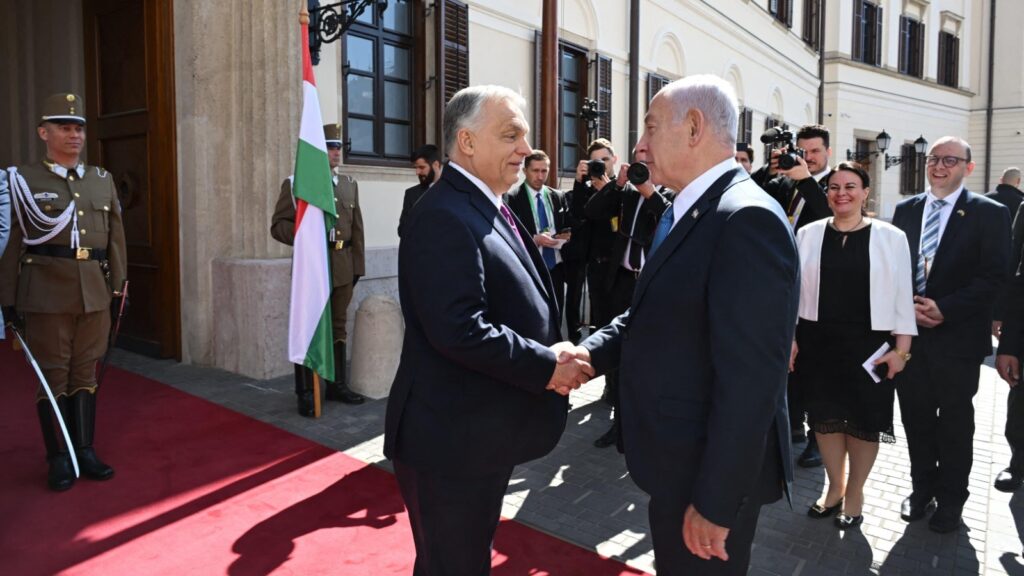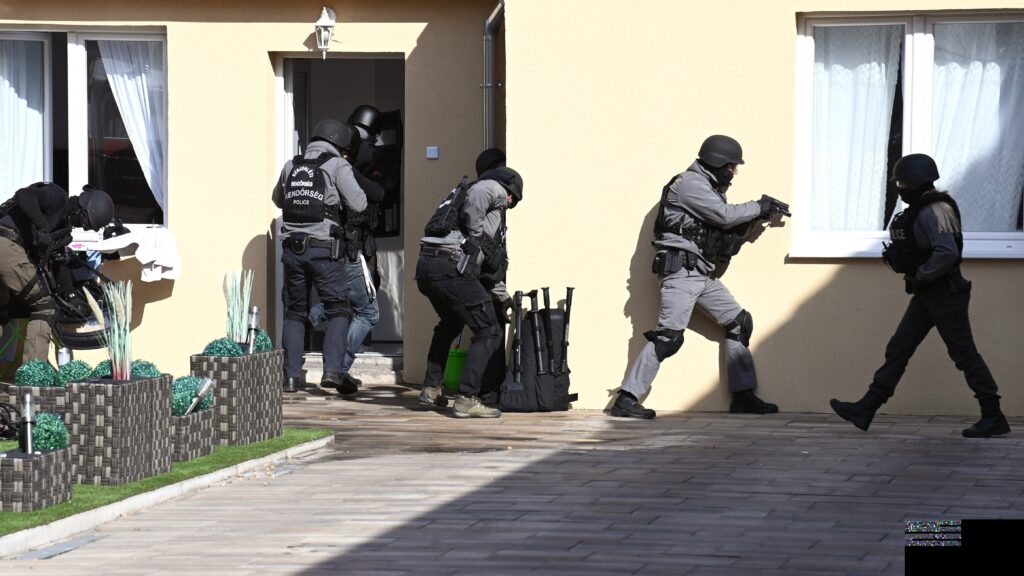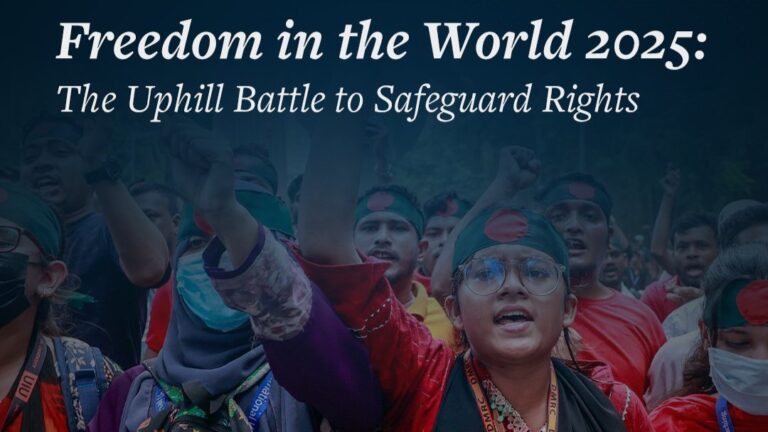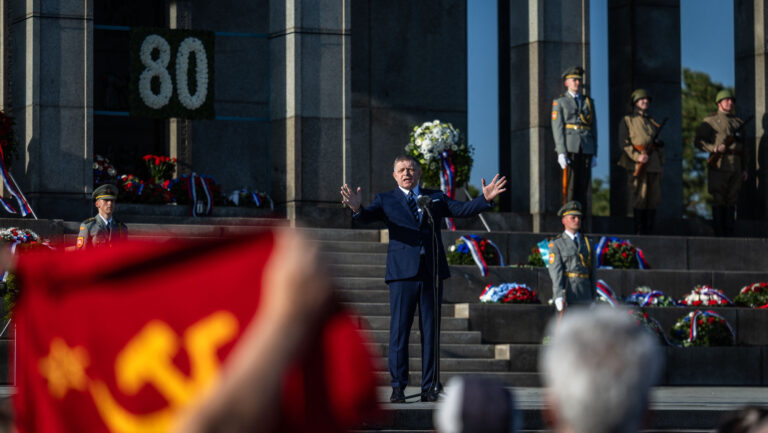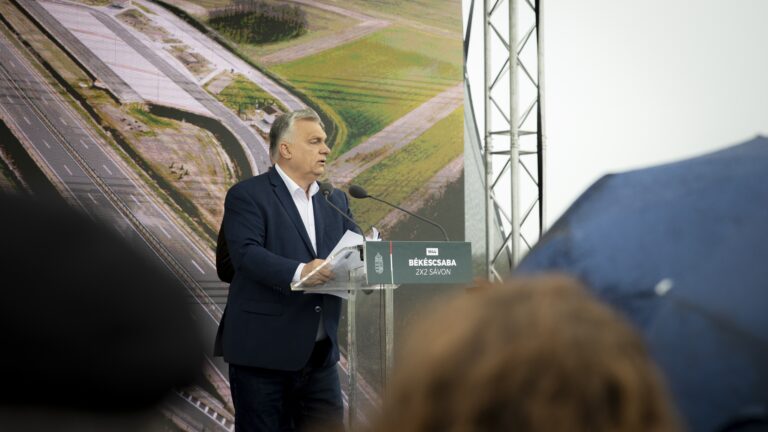In a decisive vote on 28 November Israeli lawmakers approved two bills that ban the United Nations Relief and Works Agency (UNRWA) from operating in Israel and sharply restrict its work in Gaza and the West Bank. The Knesset passed these measures with overwhelming support (in a vote of 92–10 and 87–9 respectively), prohibiting Israeli state agencies from engaging with UNRWA.
While some view the move as a drastic measure, many in Israel argue that UNRWA has not provided a lasting solution to the Palestinian issue but has rather exacerbated the problem by perpetuating refugee status and supporting terror.
Without Israeli coordination, UNRWA will face significant barriers to operating in these areas, as Israel controls access routes, including the Gaza–Egypt border, and restricts entry permits necessary for agency personnel.
This new legislation follows extensive debates within Israel, where members of the Knesset pointed out a disconnect between UNRWA’s mission and the agency’s actual impact. Israeli officials described UNRWA’s operations in Gaza as ‘rotten’, underscoring doubts about the agency’s ability to provide impartial and effective services while the agency has long become corrupt, involved in the spread of radical ideas and terrorism.
UNRWA, established in 1949, has long been tasked with supporting Palestinian refugees through education, healthcare, and basic social services. However, critics of the organization argue that it has institutionalized the refugee identity across generations, keeping Palestinians in a protracted state of liminality. Unlike the United Nations High Commissioner for Refugees (UNHCR), which resettles or integrates refugees globally, UNRWA maintains a unique mandate that applies to Palestinians only, allowing refugee status to be inherited indefinitely.
‘Critics of UNRWA argue that it has institutionalized the refugee identity across generations, keeping Palestinians in a protracted state of liminality’
According to a Times of Israel report, Israeli lawmakers have also raised concerns about UNRWA schools and facilities being sources of radicalization and anti-Israel sentiment, particularly in Gaza, where the agency has significant influence.
Moreover, Israeli officials also provided evidence earlier that multiple UNRWA staff members actively participated in the October 7 terror attack on Israeli citizens. In February Israel revealed at least twelve UNRWA staffers took part in the massacre, and thirty more assisted in the carrying out of the horrific acts of 7 October. According to the report provided by the Israeli Defence Ministry, of the 13,000 UNRWA employees in Gaza, at least 12 per cent are affiliated with the Hamas and Palestinian Islamic Jihad terror groups. In addition, many URWA buildings in Gaza also proved to serve a hiding place for terrorist.
Israeli reports have prompted key international donors, including the US, Canada, and Australia, to pause or reconsider funding, potentially impacting aid to the region significantly.
Critics of Israel’s approach argue that shutting down UNRWA operations will leave a vacuum of basic services, especially in Gaza, where Palestinian institutions struggle under political and economic pressures. However, Israel’s response to such concerns suggests that its ultimate goal is to transfer the administration of such services to the Palestinian Authority or other international bodies, creating a framework where Palestinian institutions—not international agencies—take responsibility for their citizens. This shift could pave the way for improved governance within Palestinian territories and for a more permanent, realistic solutions for the refugees rather than prolong a cycle of aid dependence.

